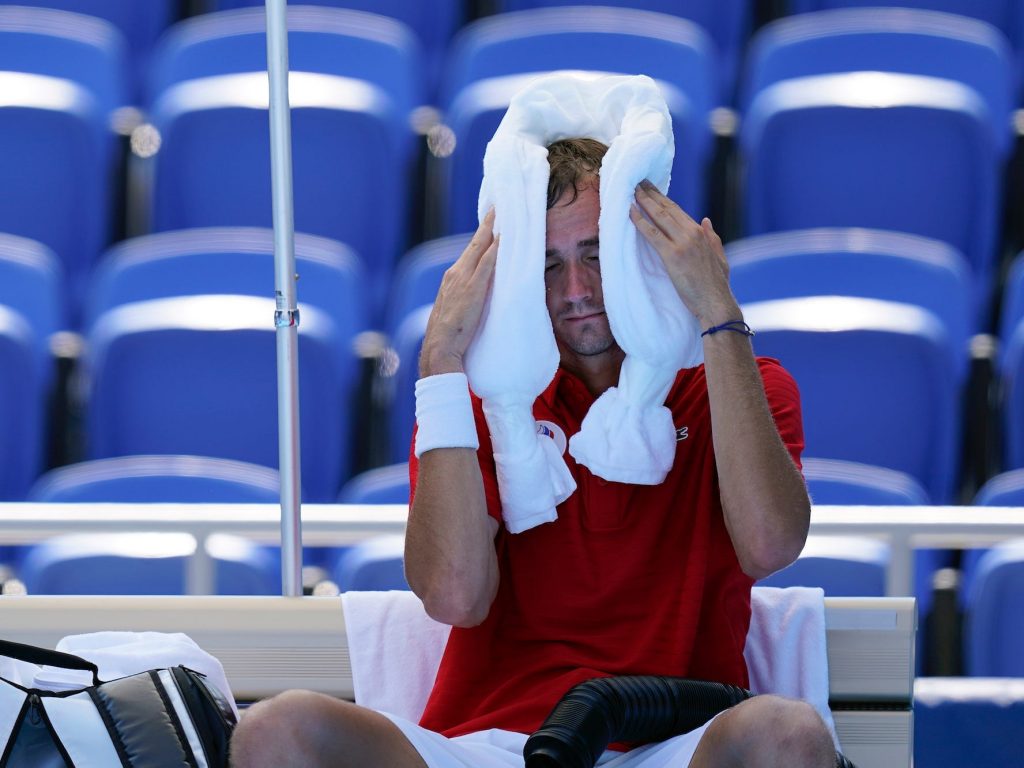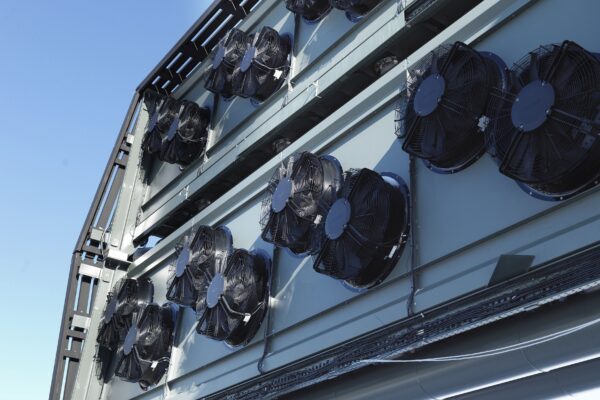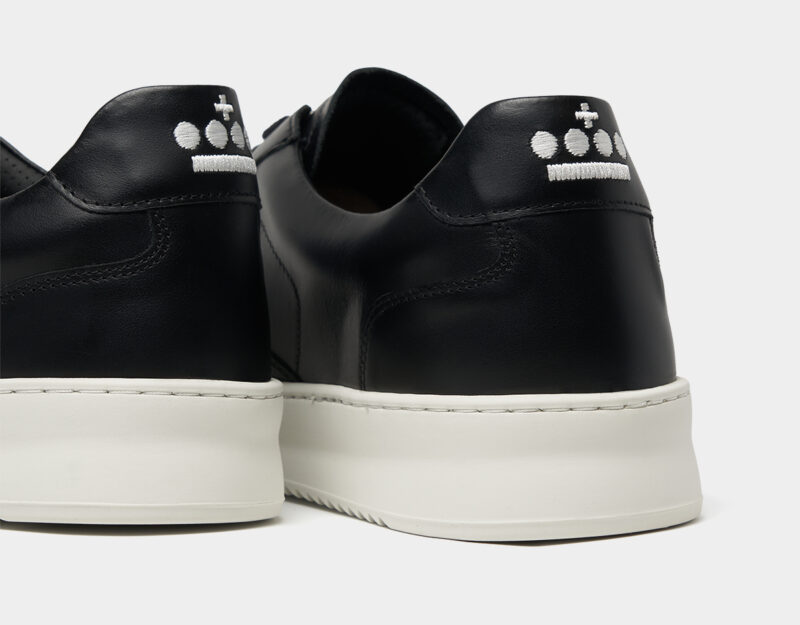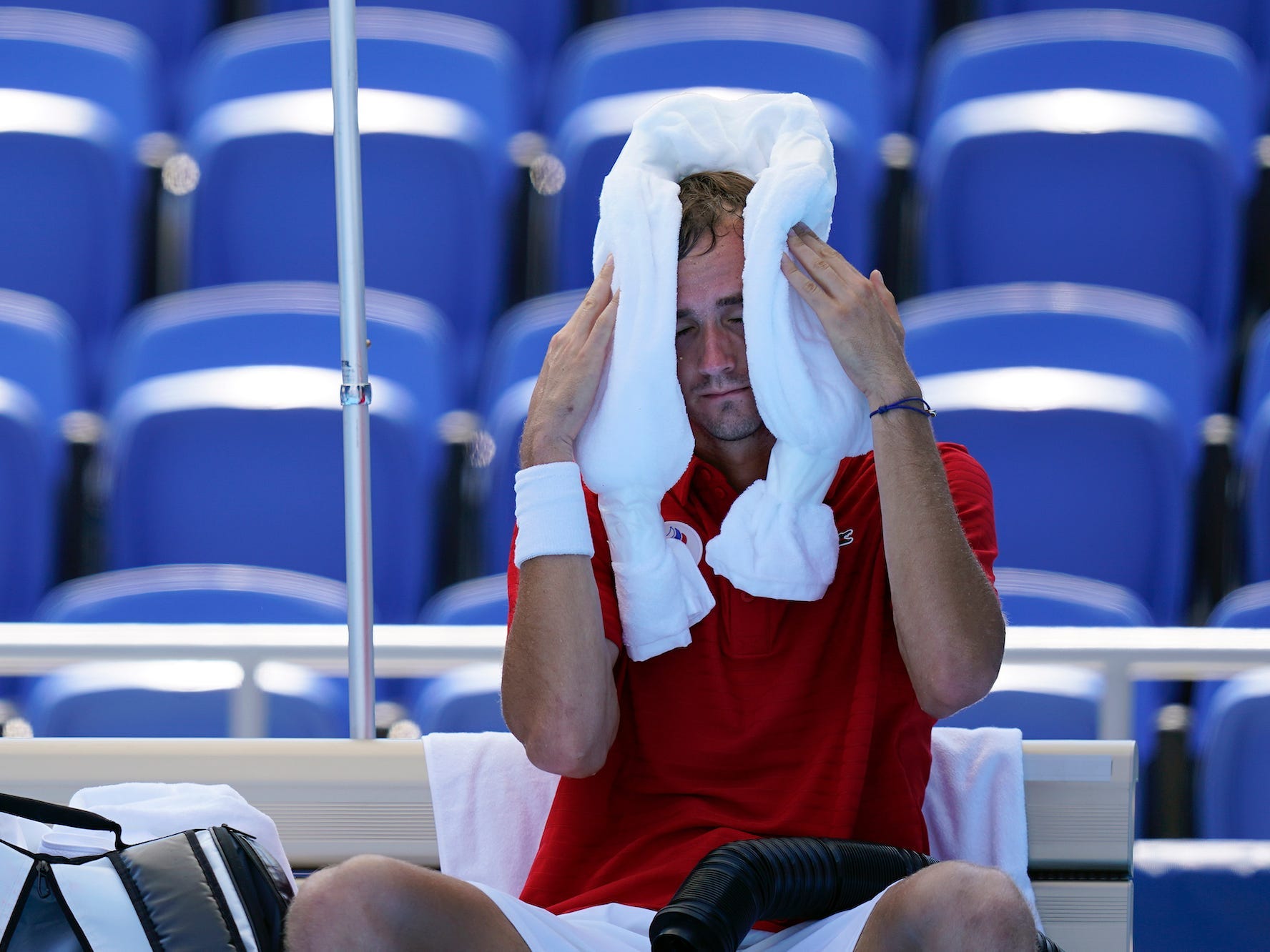
Patrick Semansky/AP Images
- Temperatures during the Olympic Games reached 95 Fahrenheit with high humidity in Japan.
- Scheduling events during the summer for greater viewership affected many athletes' performances.
- Health officials say future Olympic cities will need to prioritize the climate crisis.
- Subscribe to our biweekly newsletter, Insider Sustainability.
I still remember the summer days when the workers at the rock-climbing gym I frequented turned away clients because it was too hot to climb.
The walls of that gym were 65 feet high. This was great for cardio laps, but there was no air conditioning, which made the gym feel like a sauna. During the muggiest days, heat rising to the top of certain sections could quickly cause metal climbing equipment to become hot to the touch.
Sport climbing was one of this year's new events at the Olympics in Tokyo, along with skateboarding, surfing, freestyle BMX cycling, and 3-on-3 basketball. But the heat and humidity have become serious issues for several types of athletes during the Summer Games, especially for competitors in outdoor endurance competitions.
Shooters, tennis players, archers, beach volleyball players, and even canoeists have commented on the effect of temperatures, which reached 104 degrees Fahrenheit on Aug. 1 in one of the Olympic stadiums.

Adam Pretty/Getty Images
"It's like a bath," the slalom canoeist Matej Beňuš of Slovakia told the Los Angeles Times. "It's like paddling in bathwater."
Humidity also ranged from 66% to 84%, often making competition feel even worse and more difficult for athletes to cool down.
"I've played tennis now professionally for 20 years, and I've never faced this kind of conditions in my entire life on a consecutive daily basis," the tennis star Novak Djokovic told The Telegraph.
In 2019, the International Olympic Committee shifted the marathon and race-walking events 500 miles north to Sapporo, a move that was expected to reduce temperatures by 10 degrees. But on July 19, the northern city recorded temperatures of 95 degrees, a number it had not hit in 21 years. More than 100 people went to the hospital due to heatstroke.
The sustainability of many international athletic competitions is closely connected to rising temperatures in cities like Tokyo, which hosted the Olympic Games in October 1964.
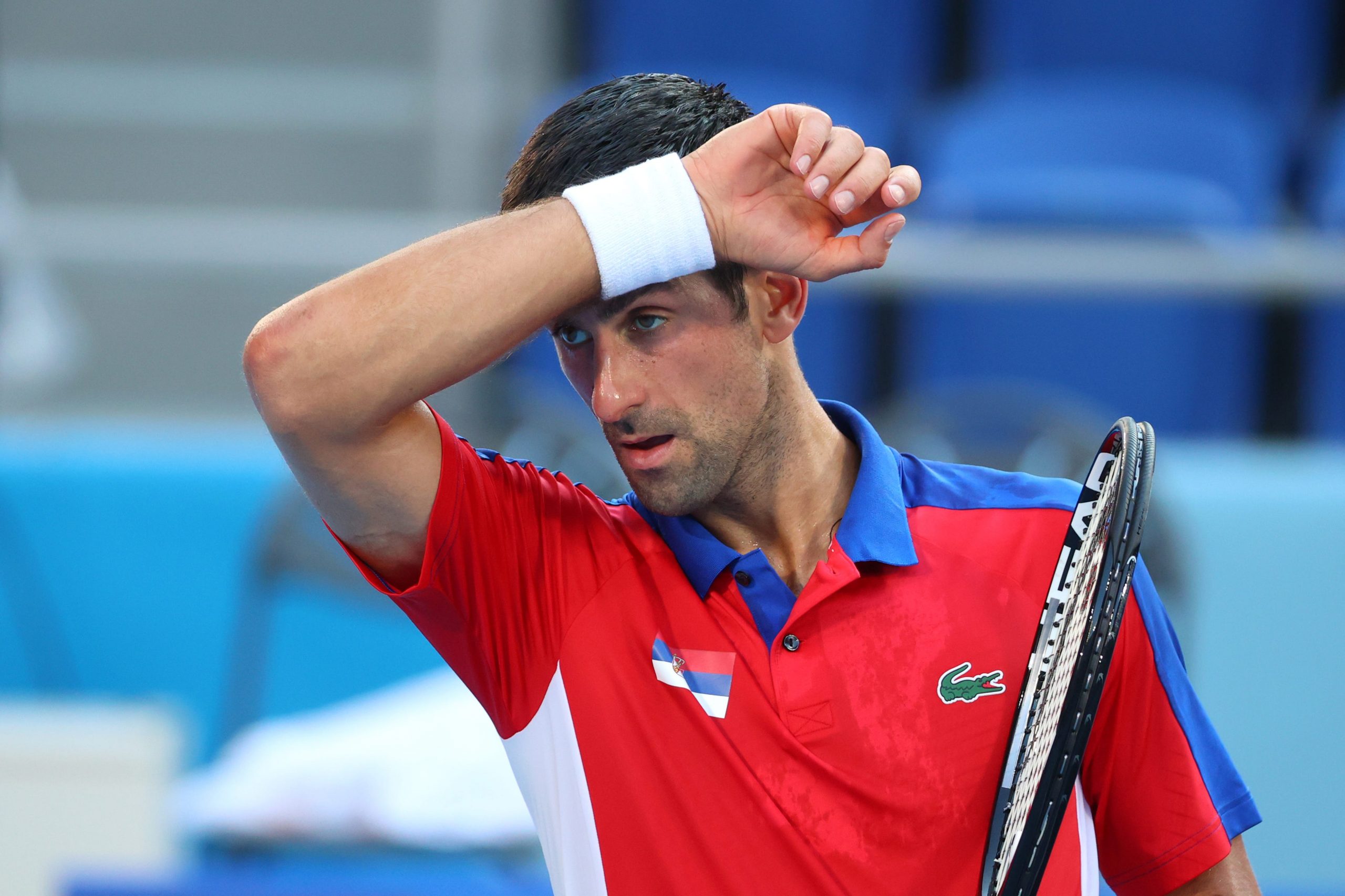
Abbie Parr/Getty Images
While Japanese summers are notoriously hot and humid, Olympic events were moved to July and August for the past three decades for greater American viewership (though, the audience of this year's Games fell to about half the ratings of the 2012 London Games).
Temperatures in Japan have also increased three times as fast as the global average since 1900, according to a report by the British Association for Sustainable Sport.
Experts had already issued serious warnings about the danger of heat illness on athletes during the 2016 Olympics in Rio de Janeiro, even with higher TV ratings. And there's already research showing appropriate conditions for this level of competition will soon become increasingly rare.
A 2016 report showed fewer major cities will be able to host a Summer Olympics by 2085. The effect of rising summer temperatures might mean the Games would be run entirely indoors, in winter, or without the marathon and other heat-sensitive endurance events.
"If the world's most elite athletes need to be protected from climate change," wrote the authors in The Lancet, "what about the rest of us?"
If temperatures continue to grow beyond the extremes in Tokyo, especially due to emissions of carbon dioxide, the outdoor endurance events will end within the lifetime of the youngest fans who watched this year's Summer Games.
